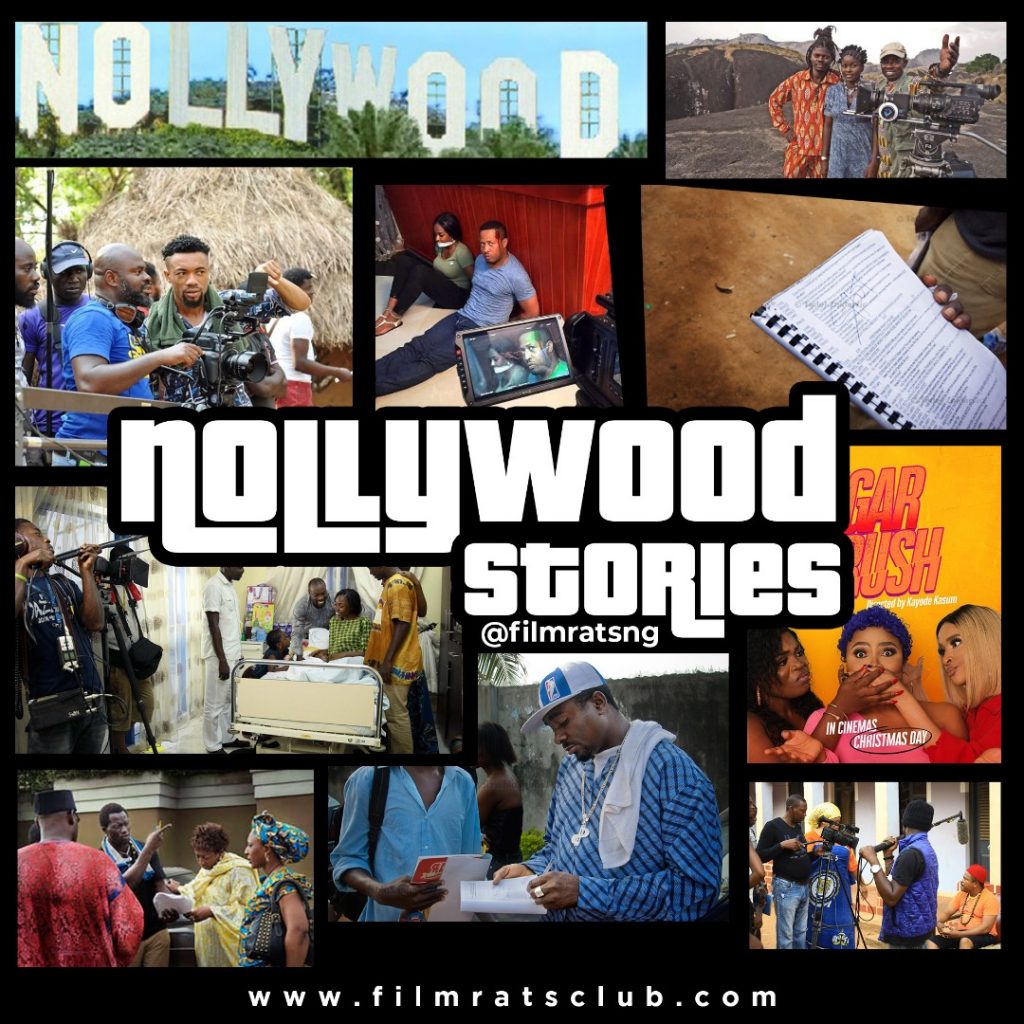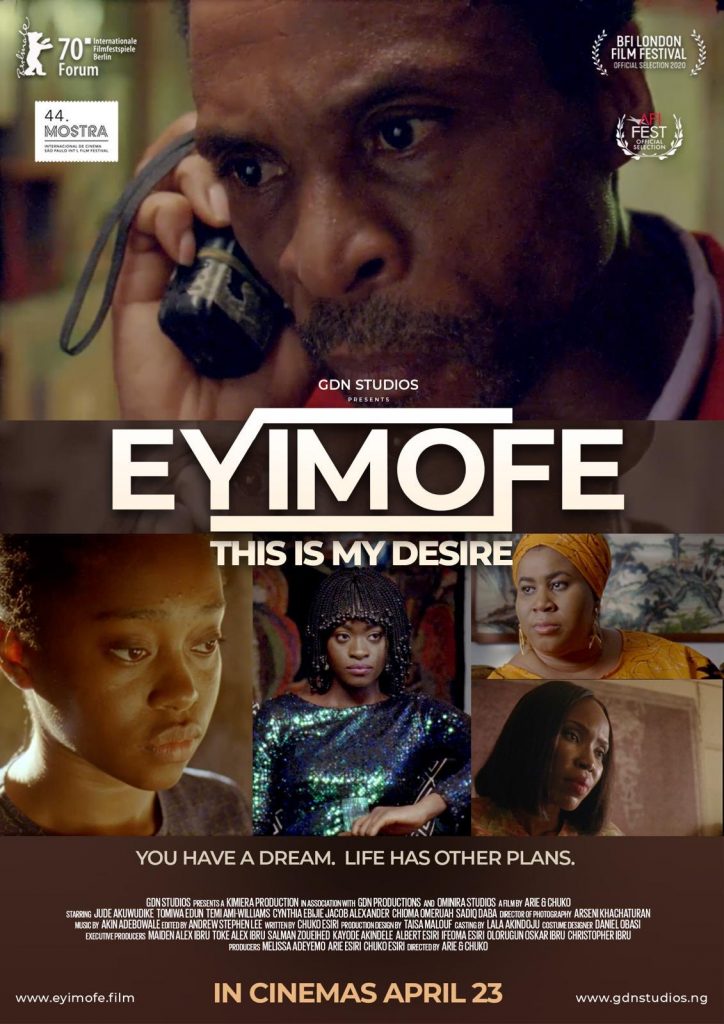The Accidental Actress that won’t stop fighting.
by David Osairemen Blighted by tragedy with the death of her father, introduced to the glitz and glamour of fandom, plunged into the throes of depression and its associated issues, the story of this Nollywood fast-rising actress punctuates the irony of fame. Why did you choose acting? Were you open to other career possibilities? I did not choose acting. I never did. It’s more like, acting chose me. I call myself an accidental actress. Accidental actress, interesting. Why? I got into it by accident. I was born in the UK, lived with my parents. Had a dad who was my best buddy; he supported anything I did so long I maintained a certain moral standard. And a mother who’s pretty much like the typical Nigerian mum, nifty with the details and overbearing. Oh yes, they can be overbearing. Hahaha, you get my point. Shortly after my father passed, my mum decided we relocate to Nigeria for reasons I did not find cogent enough. How did he pass? A rare form of brain disease. It was detected late and when it was, the disease had eaten up a large chunk of his brain. So sorry about that. What year was this? 2013. I was barely 18, in my first year at the University. It was a really bad time for him to die. My mum’s suggestion about relocation further deepened my misery. I foresaw an awfully strange restart to my life. And with my father absent, I was certain things were set up to get worse. What was the experience like for your mum? Your father’s death. To be fair, it was no less devastating for her. They were friends, really good friends, this I noticed as the only child. The painful loss scarred my relationship with her. We both grieved in our different ways, mine was mixed with resentment and anger at the prospect of starting life again at Nigeria. I just needed someone to assure me everything would be fine but there was no one. I can imagine. So you did relocate… Yes, we did. Like I envisioned, it was a restart. My mum got me into one of the private Universities. I wasn’t interested in starting up school after everything that had happened but my mum, being who she is, insisted I needed the distraction. Well, did the distraction work? For the most part, no. Everything seemed unpleasantly new and frigging frustrating; the culture shock and the strange way Nigerians perceive life. I struggled with virtually everything… Humor me, how do Nigerians perceive life? Hahaha, believe me, 8 years here and I can say that nobody wings it better that Nigerians. The hustle culture here is the gold standard. Y’all are survivors. That I agree. Welcome to the family… Please continue. In my final year, I got my first shot at Nollywood. Interesting. Please back up a bit, what course did you study at your new school? Physics. Same course I had started in the UK. Great. Please go on, your first shot at Nollywood. It was at a friend’s birthday party. A gorgeous lady told me she’d like to have me on her film. She commended my looks, my body and how much I fit a particular character. She gave me her card. At first, I was tone-deaf at the offer but after careful consideration, I decided to give it a shot. I needed some fun in my life anyway. So you took the job. Yes. And that was the start to everything acting for me. I got call ups for many TV films, I took most of them and declined the others. Then telenovelas came calling too. I was enthralled by the attention and how my shoddy (well, to me) acting interested people. Did your mum support this? In my head at the time, I cared less about what she thought about it. She had made my life worse and it was my responsibility to make it better. So I thought. Hmmmm In all that glam, I started to develop strange feelings and sensations. I discovered I was at my most excited state around people, particularly on set filming. But alone, my misery replayed in frightening proportions. I cried myself to sleep many nights ( at this point, I had left my mum’s house and started living alone). I had no idea what was wrong with me. I was happy and unhappy at the same time. It got worse when I detested my own company. I craved to be around people more often than is normal. That was the first pointer to depression I neglected. Self loathing. Yes, self loathing. How did you deal with it? I took to my DMs. It was crawling with ‘thirsty’ men who clearly just wanted a piece of me. I engaged them. We planned hookups that often ended up as sex dates. This continued for a long while. Did it not bother you? Sleeping with strangers. It didn’t bother me at all, I was careful to protect myself. And, of course, my nights weren’t dreadful and lonely anymore. Hmmm I think I reached my breakpoint when one of the guys I hooked up with touted drugs to me. According to him, he’s been with many of my kind and that was what they took to stay sane. I was too drunk to think or say otherwise. I got a jab of the drug and I was knocked out good. The next morning, I was useless as the night before. I was alone in the hotel room. I was two hours late for a film call-time. I was too weak to move. In that moment, I realized how far I’d veered off from reason. I cried. I knew I needed help fast. I called my mum immediately, and for the first time in many years, I allowed her be a mother to me. I explained everything to her, she cried, I cried…the call lasted for well over 3 hours. Then,


